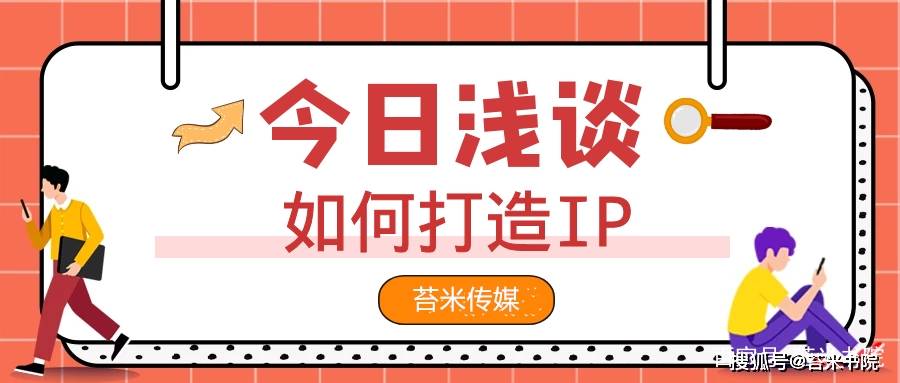Experts have pointed out that the research on recycling solar cells contributes to promoting the circular economy according to the general trend of the world.

Research on recycling solar batteries contributes to boosting the weekly economy in Vietnam (Source: Internet). Solar power is an inevitable trend According to Decision No. 2068/QD-TTg issued by the Prime Minister on November 25, 2015 approving Vietnam’s renewable energy development strategy to 2030, with a vision to 2050, electricity produced from Solar power will reach about 35.4 billion kWh by 2030 and increase to 210 billion kWh by 2050. According to the Institute of Energy (Ministry of Industry and Trade), on average, a solar power source with a capacity of 1 MWp will generate nearly 70 tons of waste after about 20-25 years from the date the source starts generating electricity. Thus, according to forecasts, the amount of waste from these solar panels can reach millions of tons. Nguyen Van Hoi – Director of the Institute for Industry and Trade Policy and Strategy Research (Ministry of Industry and Trade) said that solar power is an inevitable trend of Vietnam’s energy industry, bringing many benefits to economic development. – society of the country and play an important role in reducing greenhouse gas emissions. In Resolution No. 55-NQ/TW on orientation of Vietnam’s national energy development strategy to 2030, with a vision to 2045, it is clear that it is necessary to develop synchronously, rationally and diversify types of energy. quality, prioritizing the exploitation, exhaustive and efficient use of renewable energy, new energy and clean energy; Use energy economically, efficiently, and protect the environment. Mr. Hoi said that the promotion of renewable energy development should be placed in the overall context of solutions, especially in the treatment of waste from the development of this energy source. Solar battery recycling solution Talking about the experience of processing and recycling solar panels of countries around the world, Mr. Dao Tran Nhan – Economic and Trade Advisory Association (VICETA) said, the Korean Government has issued new law “Extended Manufacturer Liability Program to take effect from 2023”. Accordingly, the Korean Government requires domestic manufacturers and importers to pay a recycling fee, which is expected to be US$1.04/kg. Meanwhile, Switzerland takes advantage of materials and components that are still valid to use and destroys those that are no longer worth using, using solar panels as a source of raw materials for making electric vehicle batteries (such as automobiles). , motorcycle). Proposing solutions for processing and recycling solar panels in Vietnam, Mr. Dao Tran Nhan suggested: For the group of policy solutions, it is necessary to develop regulations on downtime and storage. or recycle solar panels and have clear binding regulations between the parties. For the group of technological solutions, it is necessary to develop specific standards and regulations for each type of battery and develop a regulation to monitor and control the quality of solar cells. In addition, it is necessary to have a mechanism to encourage recycling as well as to develop sanctions to punish violations according to regulations. Dr. Le Huy Khoi – Institute for Strategic and Policy Studies of Industry and Trade also offered some solutions. Firstly, it is necessary to strengthen the inspection, examination and supervision of the collection and treatment of expired batteries. Second, the environmental protection responsibilities of owners of production, business and service establishments must “collect, classify, store, treat and dispose of solid waste in accordance with the law”. Third, research, develop and soon form a construction environment management department to regulate and supervise the final management of solar panels. Fourth, develop mechanisms and introduce policies to encourage investment in building solar panel recycling plants in Vietnam. Fifth, there should be financial and credit mechanisms and policies to support businesses in a practical way. Sixth, strengthen propaganda on the awareness of using, collecting and recycling solar cells effectively. Experts agree that, for Vietnam, the volume of waste from solar panels is quite small compared to the leading countries, however, to ensure sustainable development, the State needs to study soon to have appropriate policy and mechanism related to the collection and treatment of waste from solar cells. From a circular economy perspective, this can become an opportunity for Vietnam to develop the solar cell recycling industry in the future.




























































You must log in to post a comment.